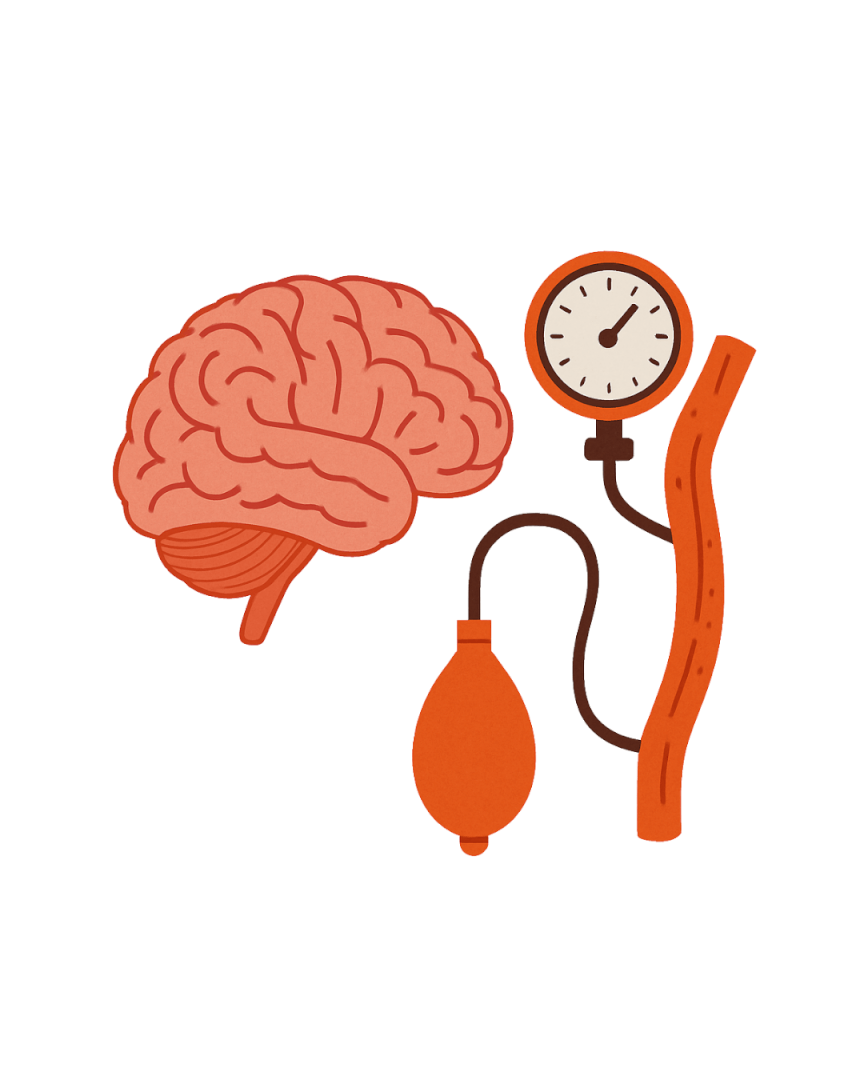Updated Website Coming Soon!

Dr. Shabnam Das Kar MD, FMNM
Functional Medicine Doctor
Tiny Habits Coach
Empowering people to prevent dementia through better blood pressure control.
An updated website is on the way, dedicated to helping you improve your blood pressure, prevent dementia, protect your brain, and take control of your long-term health.
I am a Functional Medicine doctor with a focus on cognitive health, hypertension, and behaviour change. Through a unique combination of medical guidance and practical strategies, I help people achieve lasting outcomes, not just temporary fixes.
Please email my clinic for appointments info@drkarmd.com
Sign up today and receive my FREE guide, 20 Myths About Brain Health
